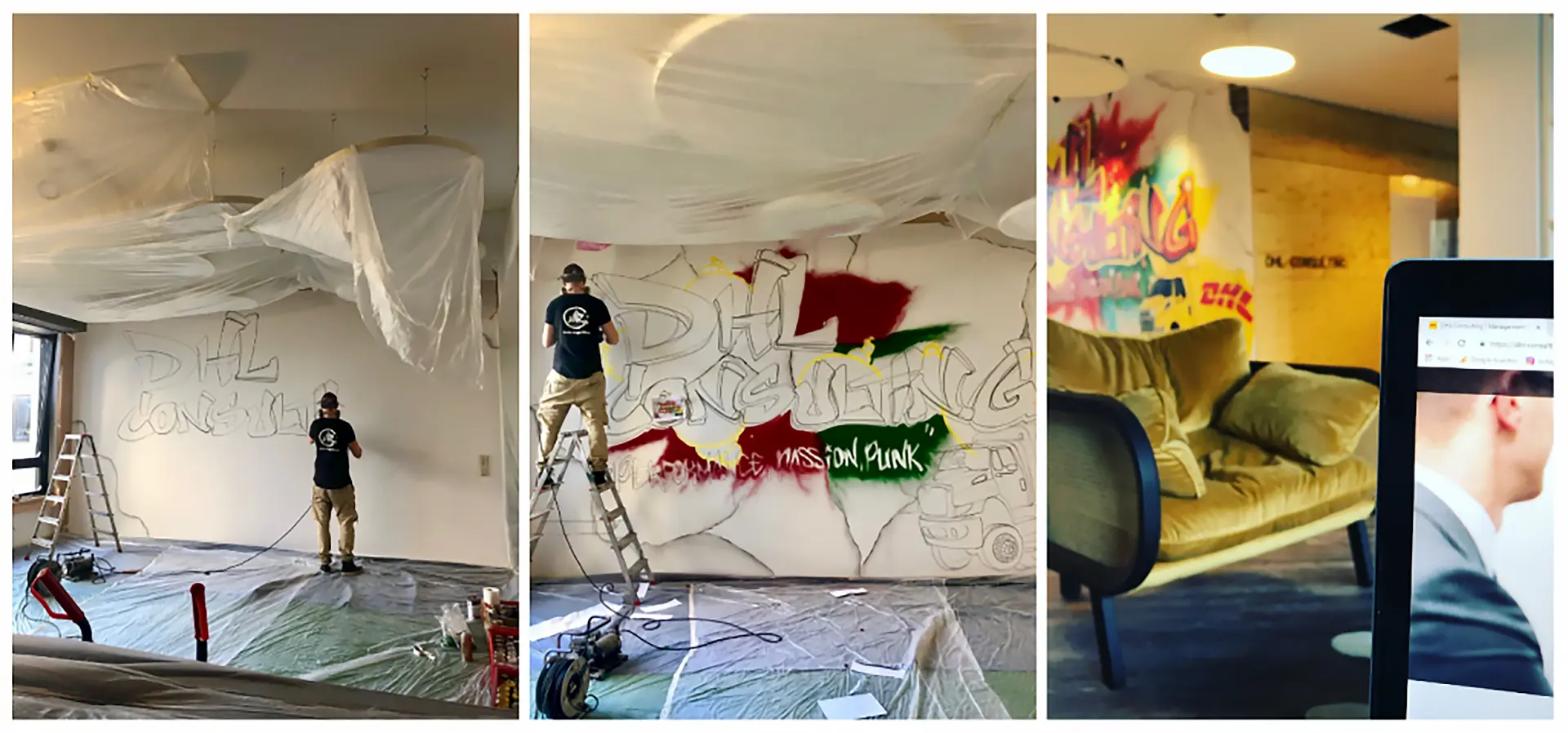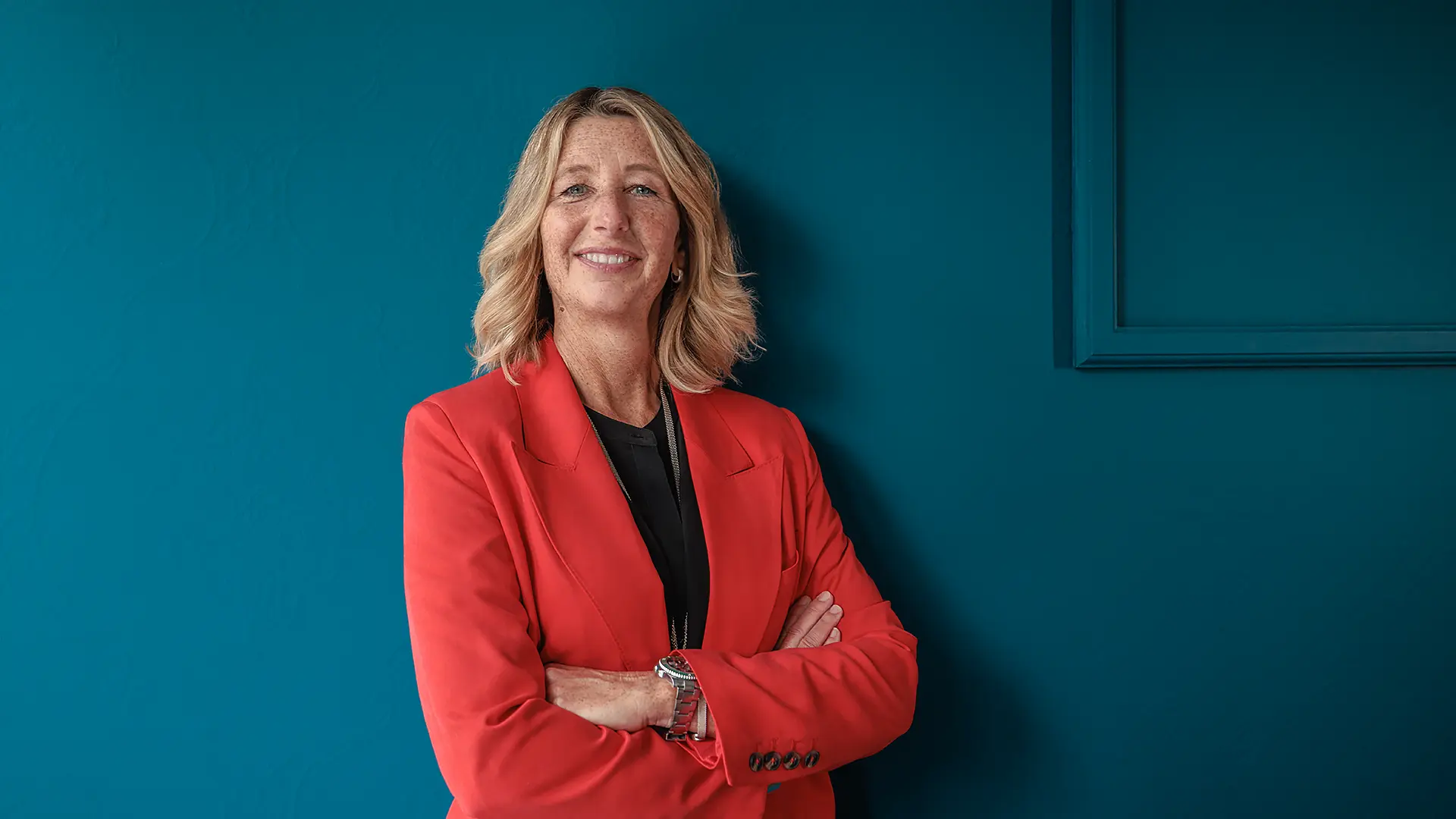Manager Without Office: Why Getting Rid of My Own Office Makes Me a Better Leader

This was the only leadership style I knew: It is part of a business culture that tends to display hierarchical structures through status symbols such as increasingly big offices, the higher you go up the management chain. Having your own office space also comes with people revolving around you. You do not go to them. They come to you. This probably is hierarchical thinking in its purest form.
In the last six months, all of this has changed for me.
I strongly believe that it does not do to preach digital transformation and the future of work without us leaders living the change ourselves.
From Discarding Paper Files To Leading With Trust
I started by digitalizing my files and was able to get rid of two immense filing cabinets – 20 years of physically documented work history. Since last November, I work 99% paper-free.
Then I moved out of my office.
Now, I share communal workspaces with my colleagues. When I need a dedicated desk, I come in in the morning and find one which is free. I book a meeting room for a meeting or a telephone booth for a call. I also sometimes use our digital lab or other open spaces. I have started to work from home regularly and occasionally do walking meetings instead of classic sit-downs.
So what has changed and why? Innovative, fresh thinking, relentlessly challenging the status quo and coming up with better ideas to meet today’s business requirements are crucial in a world of change. Creating an agile, modern and collaborative environment is one requirement to make this happen.
I am much closer to my team now and interact more, exchange ideas and get inspired while reducing hierarchical patterns.
Digital Enablement Through Tools and Trust
Digital tools enable us to work efficiently from home – I can, for example, sign bills and reimbursements digitally, use cloud-enabled whiteboard sessions to exchange with colleagues virtually and also access all documents, files and communication tools from my mobile phone.
Moreover, it means decreased commuting time and more flexibility – when I need the time to run private errands during the day, I can just work afterward from home, flexibly managing my tasks. Young talents particularly appreciate this increased self-determination. At DHL Consulting, employees can work up to 6 days per month from home – providing this kind of flexibility as a company I am sure is making and will keep making a big difference when it comes to recruiting talents.
The most enriching outcome from four months without my own office is: I learned a great lesson in having and creating trust.
I am convinced that we as leaders can no longer direct change from behind closed office doors. We must change ourselves while leading change from the center stage. I would encourage everybody out there to do the same if your job allows.
What are your thoughts on managing without an office? I am very much looking forward to discussing with you in the comments or on my LinkedIn channel.






